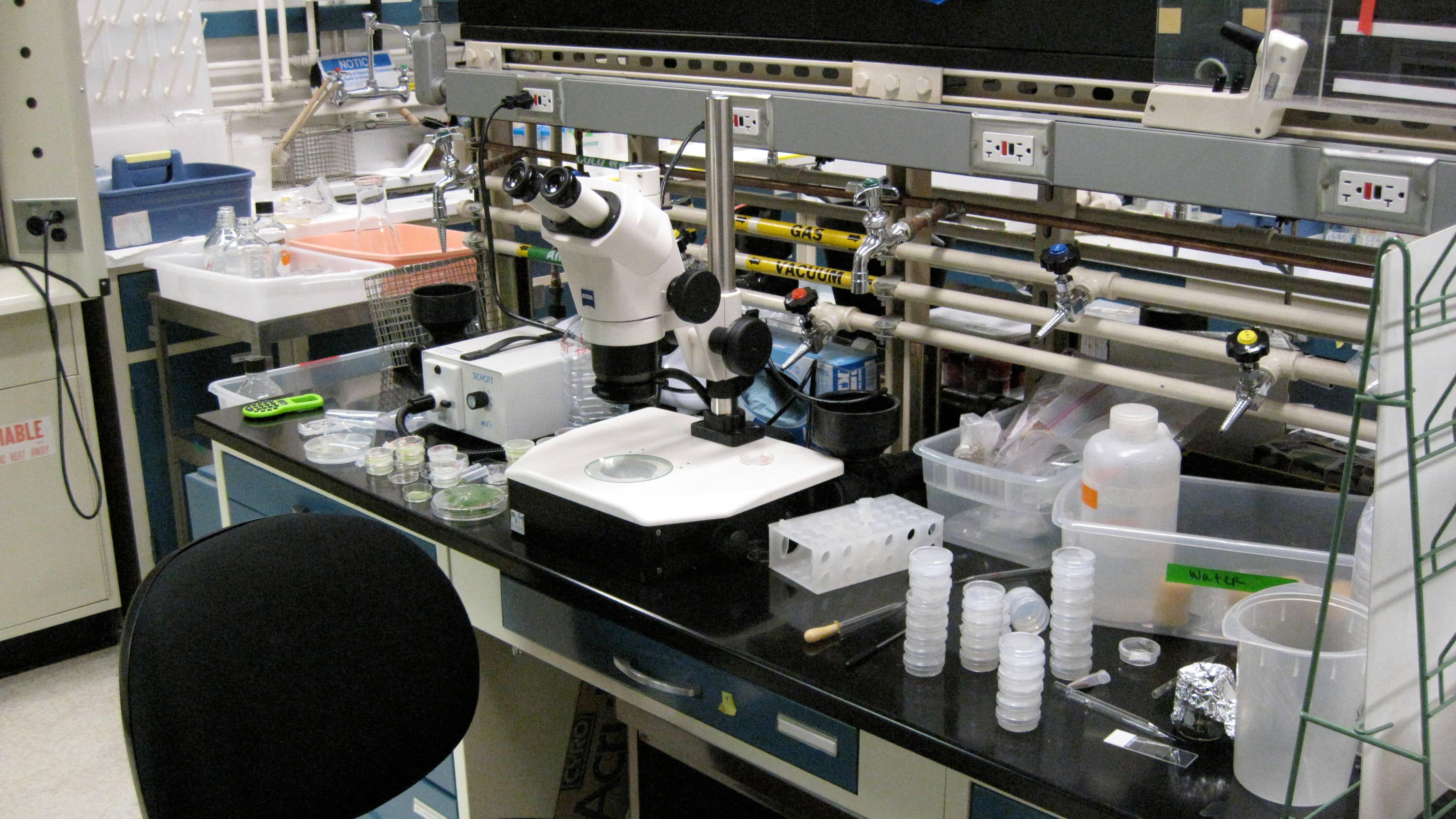
Synthetic biology, a field once hailed as a revolutionary moneymaker, has recently faced significant challenges. Despite the setbacks of some high-profile companies, the industry continues to evolve, finding new niches and opportunities. This article explores the current state of synthetic biology, the hurdles it faces, and its promising future.
The Rise and Fall of Flagship Companies
Synthetic biology's flagship companies, which genetically engineer microbes to produce a wide range of products from medicines to materials, have experienced a tumultuous period. Amyris, Zymergen, and Ginkgo Bioworks, once valued in the billions, have all faced significant setbacks. Amyris declared bankruptcy last year and sold off several of its cosmetic and personal care brands. Zymergen liquidated its assets in February after failing to commercialize its transparent and flexible plastic films. Ginkgo Bioworks announced plans to lay off more than a third of its workforce in June due to disappointing revenues from its designer microbes.
Jay Keasling, a synthetic biologist at Lawrence Berkeley National Laboratory and co-founder of Amyris, attributes these failures to an overabundance of ideas fueled by mountains of investor cash, leading to a lack of focus. Amyris, for example, developed nearly a dozen products but failed to generate the necessary revenues to sustain its operations.
Success in Pharmaceuticals
While some synthetic biology companies have faltered, others, particularly those focused on pharmaceuticals, have made significant strides. Microbially produced protein therapeutics and other biologics now account for about a quarter of newly approved drugs in the United States and generate nearly half of the country's pharmaceutical company revenues. This success is partly due to rigorous government regulations that ensure the effectiveness and safety of new drugs through preclinical animal models and human trials.
Zach Serber, co-founder of Zymergen, notes that this regulatory framework helps keep pharma-centered companies on track. If a drug candidate meets the required benchmarks, it can be sold to a larger pharmaceutical company with deeper pockets, creating a very efficient system.
Challenges for Non-Pharma Applications
Companies attempting to use microbes to produce non-pharmaceutical materials face a tougher path to commercialization. Unlike pharmaceuticals, there are no defined milestones to gauge a product's competitiveness. Zymergen's experience with its plastic film, Hyaline, is a case in point. Despite raising $1.5 billion from investors, the company faced technical issues that delayed revenue generation, ultimately leading to its sale to Ginkgo Bioworks for $300 million.
Another challenge is the sheer volume of product needed to compete with established industries. For example, synthetic biology firms aiming to replace meat and dairy proteins have struggled to match the high productivity and low prices of traditional agriculture. The infrastructure for industrial biotechnology has not scaled up as efficiently as other industries, making it difficult for these companies to compete.

Synthetic Biology Research at NASA Ames Research Center Synthetic Biology Research at NASA Ames - Synthetic biology - Wikipedia
Niche Markets and Future Prospects
Despite these challenges, synthetic biology continues to find promising niches. Companies that can profit from synthesizing small volumes of high-value products are more likely to succeed. For instance, Joywell Foods, rebranded as Oobli, engineers microbes to produce plant proteins that are up to 5000 times sweeter than table sugar. This allows the company to replace sugar in its branded sweet teas and chocolates, and it recently secured a deal with an international food firm to use its proteins in baked goods.
Another promising area is fertilizer supplements. Pivot Bio has engineered soil microbes that convert atmospheric nitrogen gas to ammonium, a form that crops like corn and wheat can absorb to enhance growth. These microbes have already been used on about 3% of the United States' corn acreage and could replace a significant portion of synthetic nitrogen fertilizers, which are environmentally harmful.
The Road Ahead
The future of synthetic biology is bright, with analysts predicting substantial growth. By 2040, new bio-based materials alone could become a $300 billion market, according to a McKinsey report. This figure could swell into the trillions when biofuels, pharmaceuticals, cosmetics, and other personal care products are included.
Tom Brennan, a partner at McKinsey & Company, emphasizes that synthetic biology is not just a future technology but is already integrated into modern manufacturing. Engineered microbes produce many protein-rich supplements used in animal feed and enzymes in laundry detergents, demonstrating the field's current impact.
Kasia Gora, co-founder of the defunct cultivated meat company SCiFi Foods, believes that the industry is in a down cycle but remains optimistic about its future. "Biology is not going anywhere," she says, suggesting that the field will eventually hit its stride.
In conclusion, while synthetic biology has faced significant challenges, particularly for companies outside the pharmaceutical sector, the field continues to evolve and find new opportunities. With rigorous regulatory frameworks, focused innovation, and promising niche markets, synthetic biology is poised for substantial growth in the coming decades.





Post comments